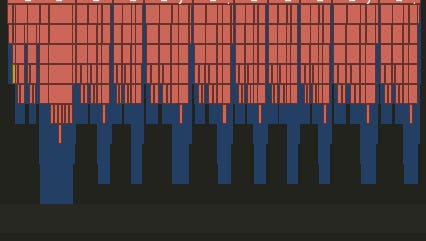
Untangling Lifetimes: The Arena Allocator - by Ryan Fleury
In every instance when I’ve said that I prefer to write my software in C, the response is—normally—raised eyebrows. Several dominant memes in the programming world make my position unpopular, and thus uncommon to find. I regularly hear, “why would you write new code in an unsafe systems language?”, “performance isn’t everything!”, and perhaps the most common, “why subject yourself to the requirement of manually managing memory?”.
The perception that manual memory management is difficult to do, difficult to do correctly, and thus inherently bug-prone and unstable is common. Through my years in a university computer science program, this way of thinking was peddled repeatedly. Learning how to manage memory in C was an endeavor to “learn how things work”, strictly for academic purposes. The idea that anyone would ever actually do manual memory management in C these days was just unthinkable—I mean, after all, it’s current year, and everyone knows that once it’s current year, an arbitrary set of ideas that I don’t like become intrinsically false.
Education around memory management—as it was presented to me—was purely a historical, academic endeavor. How did the Linux kernel originally do memory management? Let’s do an assignment on that subject so you can see how gross it is! Eww, look at that malloc! Weird! Oh, don’t forget to free it! But don’t worry, kiddo; in next class, you can return to your “safe” and “managed” padded-room languages where bugs and instabilities are “impossible” (or so they claim).























